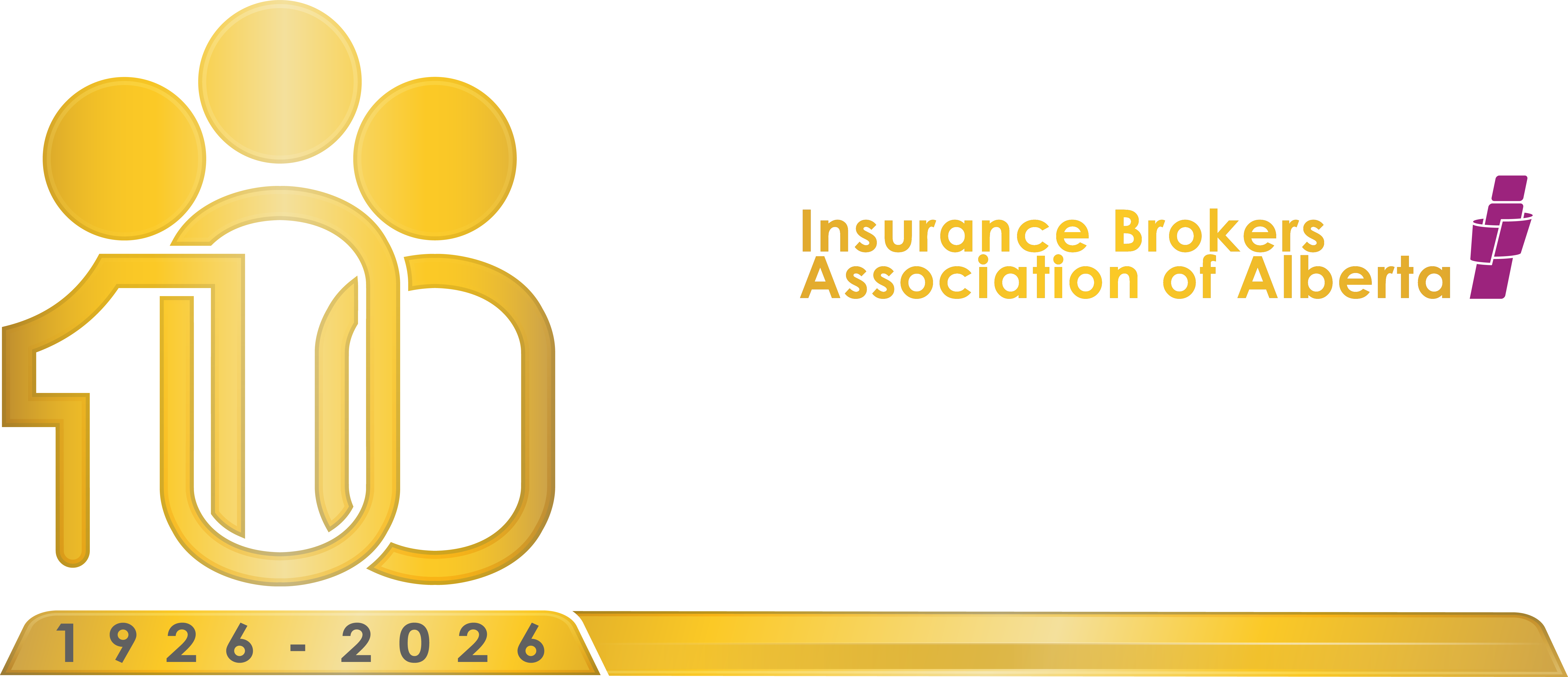Through the Canadian Professional Insurance Broker (CPIB) explore new issues and perspectives through business, analytical, and insurance skills in these courses developed by brokers for brokers. Streams and electives in this university-level designation program focus your particular areas of expertise. Take all six courses to earn your designation, or take individual courses to sharpen your skills in a particular area.
Prerequisites
Brokers must have either completed the CAIB or AICC/CIP designations, you must also be an active member of the IBAA.
If you're still starting out and you'd like more information on the path to become a broker click here.
All prices are displayed as Member/Non-Member.
CPIB Modules
How does it work
- Complete 2 mandatory courses common to all streams and 1 mandatory course that defines your stream
- Specialize in personal lines, commercial lines, or brokerage management (business strategies).
- Declare your specialization at any point (but ensure your electives and mandatory course match it)
- Choose three elective courses from a variety that includes IBAA, college, and university courses
Courses
Designation Path
Choose one of the following.
Mandatory Courses
Electives
Your three elective courses must match your chosen specialization and be approved by IBAA. Elective courses/equivalencies can be taken through an accredited university, or college, or in some cases the IBAA. Distance learning may be available. Contact our education team to confirm the equivalency before undertaking any elective.
Elective(s) assessment fee: $30 (flat fee)
Upon completion of all three elective courses, please remember to use the buttons below to submit the completed course(s) for approval and credit transfer.
Elective(s) credit transfer fee (per elective): $50 (member) / $100 (non-member)
Exams
All CPIB exams must be written physically with an exam proctor. Proctors selection must be submitted to the IBAA education team for approval using our official proctor form. Exams cannot be written on weekends or holidays.
Upon completion of your exam, it can take up to four weeks to receive your mark.
Prices:
- First time: $450/$900
- Retake: $150/$300
All exams must be booked and paid for a minimum of 30 days prior to your chosen date of writing. Date change requests must be made a minimum of 14 days from your date of writing. Any date changes made within 14 days of your initial date of writing will incur the full retake fee. Exceptions to this can be made on a case-by-case basis.
CPIB exams will only encompass the five main CPIB courses, not your chosen electives. You will be given a maximum of 3.5 hours to write any CPIB exam. If unsuccessful, you can attempt a retake the same exam as many times as you'd like for the retake fee.
